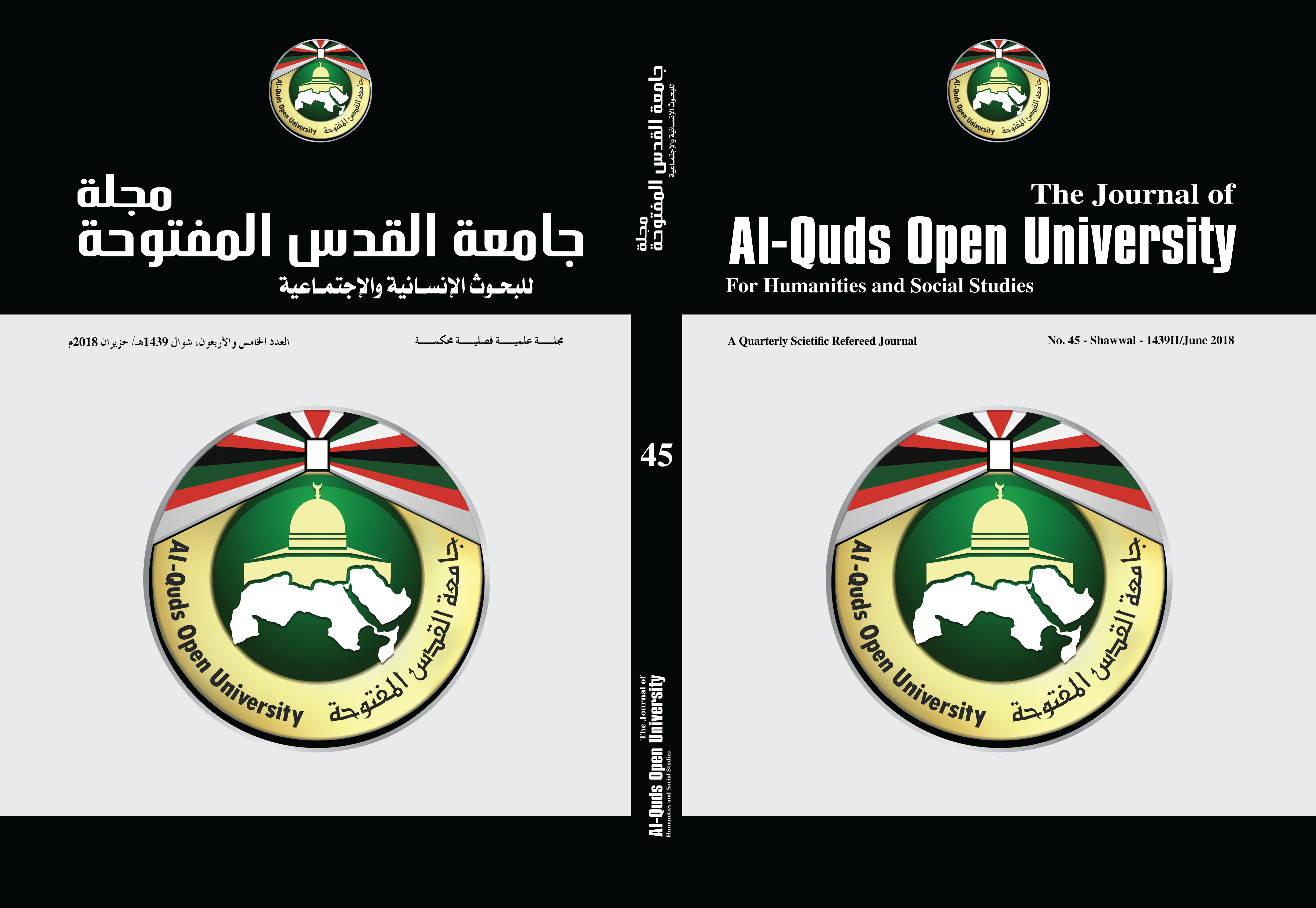The Semantic Evolution of Irony Indications among the Ancient Arabs and the Modernists
Keywords:
Semantic development, ironyAbstract
The semantic development of words is an important part of the semantics and modern linguistics. It reflects an important aspect of the life of a language, and indicates the level to which some words are being used frequently or infrequently. It also serves as a link between the past and the present. There is no doubt that the evolution of human life is reflected in the evolution of used words and their connotations. This research sheds light on one of these words, which has become a term used by Holy Qur’an exponents, linguists and critics. They have gone through various doctrines and have not agreed on a single vision. This term is irony. Therefore, this paper reveals the perception of the ancients, the rhetoricians, the critics and the writers towards irony. To that end, the paper has raised three questions: What are the similarities and differences between them? What are the factors that affected the significance of this term? Has its connotation changed among modernists today?
Downloads
Published
How to Cite
Issue
Section
License
- The editorial board confirms its commitment to the intellectual property rights
- Researchers also have to commit to the intellectual property rights.
- The research copyrights and publication are owned by the Journal once the researcher is notified about the approval of the paper. The scientific materials published or approved for publishing in the Journal should not be republished unless a written acknowledgment is obtained by the Deanship of Scientific Research.
- Research papers should not be published or republished unless a written acknowledgement is obtained from the Deanship of Scientific Research.
- The researcher has the right to accredit the research to himself, and to place his name on all the copies, editions and volumes published.
- The author has the right to request the accreditation of the published papers to himself.













_2.png)
_.png)
_2.png)
_1.png)
_.png)

